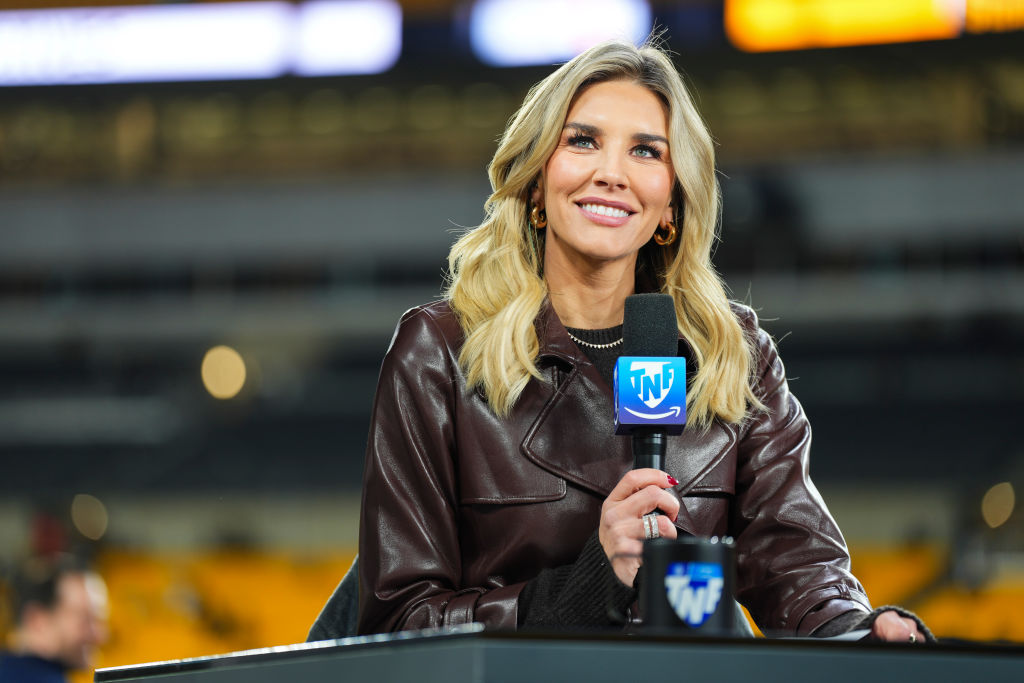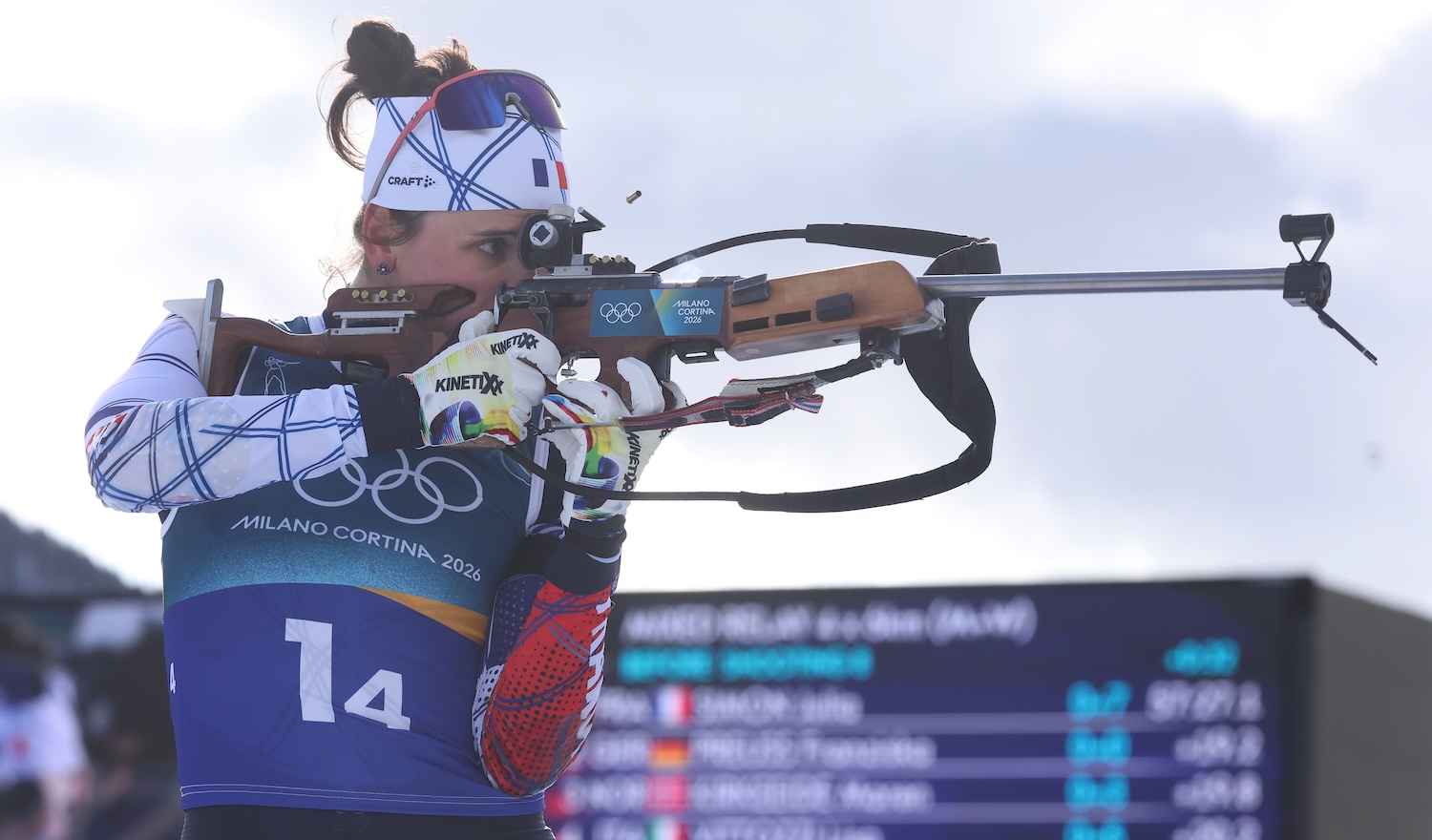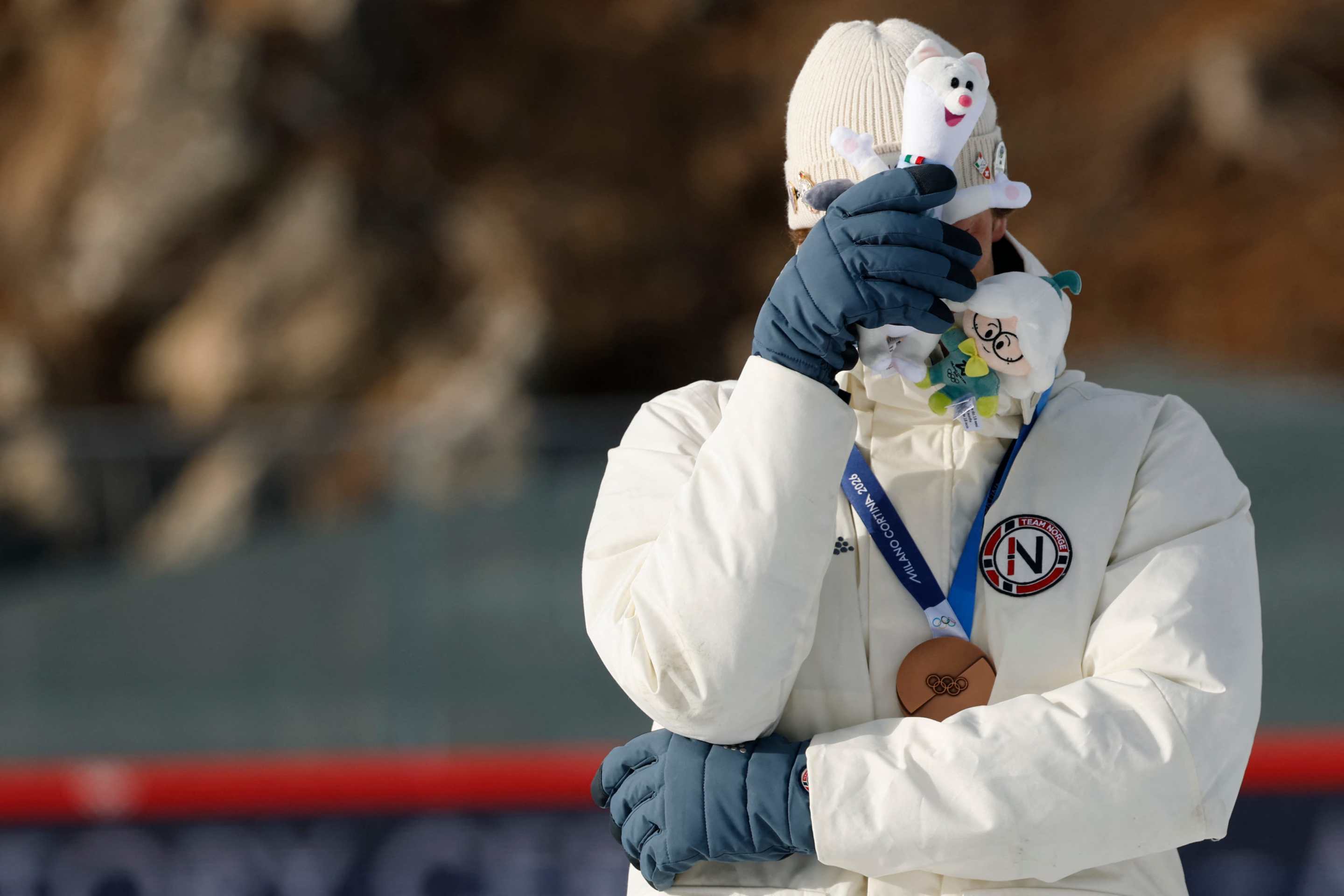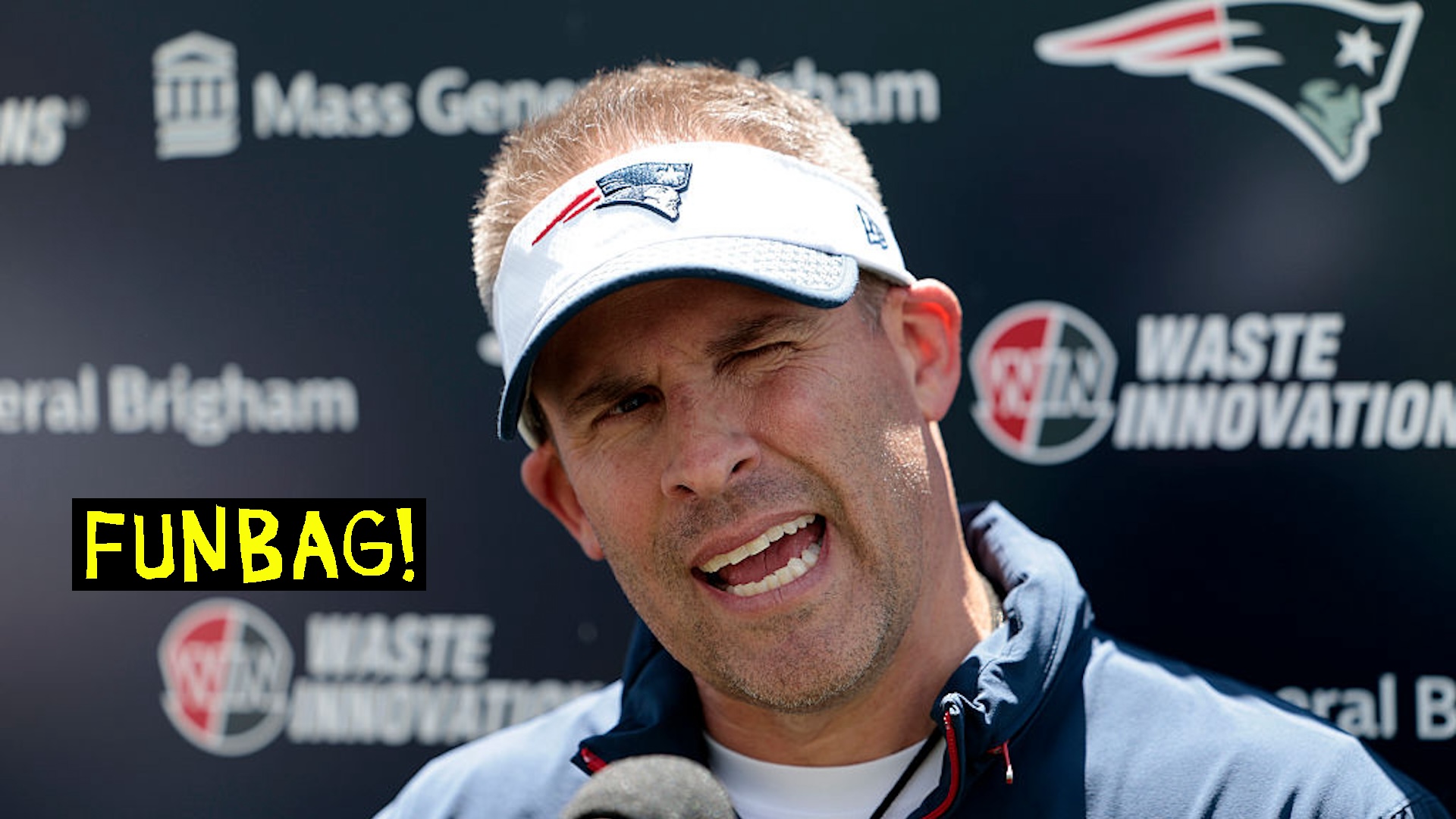Studio host and sideline reporter Charissa Thompson spoke the language of the bulletproof two years ago when she blithely admitted to Erin Andrews that she would plump up sideline reports when she needed to do so. She said it then with the sureness and confidence of someone who understood that A) nothing would happen to her except the scorn of her lessers, and B) if she was wrong about A), she'd be rehired in a minute to a job that didn't require those particular pretenses.
So when she said as much again, this time on a Barstool Sports podcast, she must have found the ensuing backlash surprising. After all, as she said:
I’ve said this before. I haven’t been fired for saying it, but I’ll say it again. I would make up the report sometimes, because A) the coach wouldn’t come out at halftime, or it was too late and I didn’t want to screw up the report. So I was like, "I’m just gonna make this up, because first of all, no coach is gonna get mad if I say, ‘Hey, we need to stop hurting ourselves, we need to be better on third down, we need to stop turning the ball over and do a better job of getting off the field." They’re not gonna correct me on that. So I’m like, it’s fine, I’ll just make up the report.
Charissa Thompson
This created a firestorm only because she doubled down on her hedged remarks to Andrews and said she would fully make up reports from ground zero when in a pinch, and most of the rage came from other reporters who have worked the sidelines, end lines, touchlines, rinksides, courtsides, garages and dugouts, often waiting for coaches and players who either didn't show or didn't commit to the idea that they should be bothered by mere proles. Sideline reporters have been given jobs that ask them to provide useful information to improve a telecast, but then they are saddled with fixed interviews nobody pays attention to with people who do them only because they are contractually required to do so.
Thompson is admitting how much the people who talk into her earpiece don't care what is said as long as someone important is credited with saying something. Where she decided to detour into the woods is when she told us how much bullshit her bosses consider tolerable, because ultimately the job is defined by what the producer deems important rather than what the reporter sees and can report from his or her vantage point.
And since most of the questioners are women, Thompson's cavalier dismissal of the craft is being slagged most aggressively by other women who don't have and can't afford her cavalier attitude toward fact. She is saying in so many words that It's Just Television, and not only believes that she is untouchable enough to say so, but that her supervisors largely agree.
Truth is, sideline reporters have as much value as their producers wish to imbue them with, which is to say that we mostly learn more about the values of the people in the truck than we do the people with boots on the ground. If the people at Amazon thought her intermittent flights of whopper-telling were problematic, she wouldn't have held her place before and after Bengals-Ravens Thursday night. They don't see the problem, though, because their view of Charissa Thompson's job is "she's Charissa Thompson."
And to that limited extent they may be right. The sideline reporter is as valuable or trivial as the person in question makes it, but also as much as the producer values what he or she is bringing. The in-game interview with Coach Thickneck is usually valueless for everyone involved, true, but fakery in one area is easily interpreted as fakery in all, and from there as fakery by all.
Thus, Thompson's admission, true though it may be for her, was a fragmentation grenade for the position as a whole. Pam Oliver has been at it for nearly 30 years without a single dent to her integrity or intellect, and Doris Burke showed over years how it can and should be done, and they are only the most overt examples. Thompson saying, Hey, I made it up when I had to because what's the difference anyway? surely sits more poorly at the Burke and Oliver households than anywhere else, though a quick spin around the internet shows that there is a serious third-place tie with nearly everyone else who has or has had the job.
However skillfully Thompson tries to walk this back, if at all, matters not, because she bartered away her credibility twice to juice up a couple of podcasts. Then again, it is television as we've said, and credibility counts only as much as those in charge want it to matter; more often than ever before, truth has the same practical effect as a handoff to the fullback on third-and-17.
Maybe this will cause producers and executives to rethink what they want a sideline reporter to achieve, and that chasing a halftime soundbite nobody asked for will finally be viewed as not worth the bother when the reporter can actually chase down interesting things that make a broadcast more informative.
But we doubt it. Charissa Thompson knows how this works for her, and isn't really worrying about anything or anyone else; that's why she said it twice. Maybe we should have heard her better the first time.






